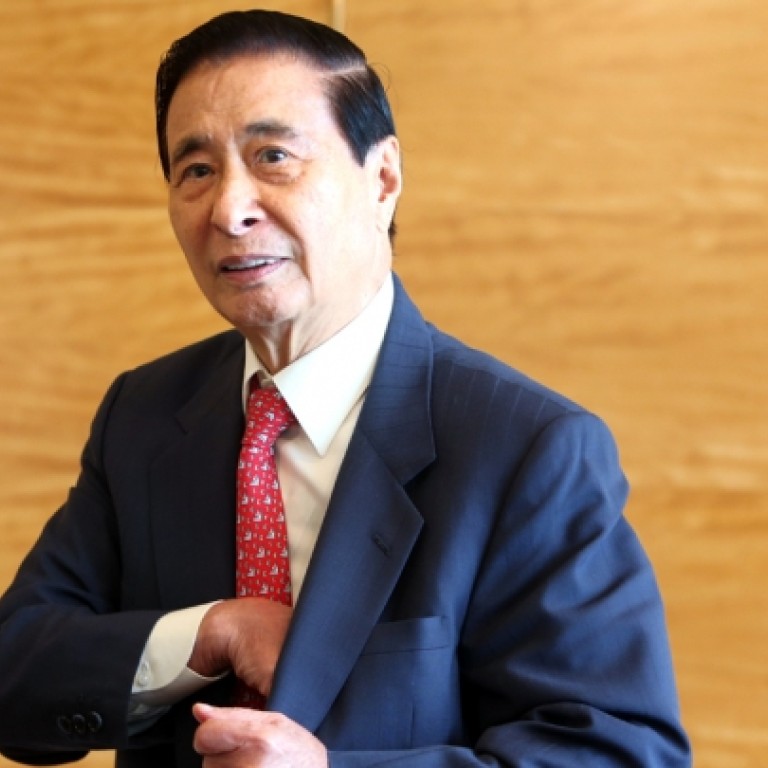
Keep exploring Lee Shau-kee's offer of land for homes
The goodwill gesture by property tycoon Lee Shau-kee to donate farmland to build flats for young buyers is a case in point.
Providing adequate affordable housing in a city of seven million inhabitants is no easy task. Over the years, all manner of inspiring ideas have been raised to meet the challenge. While there is no shortage of innovative suggestions on the drawing board, not all are deemed suitable for execution by the government. The goodwill gesture by property tycoon Lee Shau-kee to donate farmland to build flats for young buyers is a case in point. Although the government yesterday formally declined the offer, it opened the door for non-profit-making organisations to take over. It is good that Lee's generosity has been well received and is being explored further.
Without being specific, development chief Paul Chan Mo-po said different land donors had different visions and conditions. He said it would be better for them to work with non-profit-making organisations instead, citing the Housing Society as a potential partner. Lee earlier said he would donate up to seven plots of farmland to the government to build small flats for youngsters. Under his proposal, each flat would cost around HK$1 million - provided the government does not charge a premium for converting the land use.
The government's decision to decline the property developer's offer is hardly surprising, given the sensitivity of land supply and housing. There is growing resistance towards so-called collusion between businesses and the government. Although Lee rejected claims that the donation was aimed at benefiting his Henderson Land Development, the government is apparently wary of such an accusation. Officials probably also realise that there is still a lack of public consensus as to whether young buyers are more in need of public subsidies than others. The deferral to non-government agencies is, therefore, understandable.
The Housing Society yesterday said it was willing to further explore the project. While non-government bodies face fewer constraints, the project still involves controversial issues, such as whether the land premium should be waived and who should finance the construction of infrastructure facilities. These are questions to be addressed by the government.
In light of the rising demand for housing, no ideas for ways to build more flats should be rejected without full assessment of their pros and cons. It is good that different sides are trying to keep the proposal afloat. If it is proved to be feasible, it can, hopefully, inspire similar philanthropic acts.

